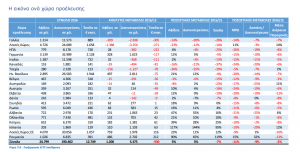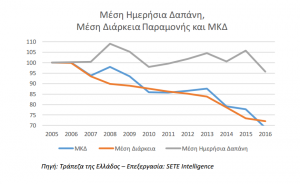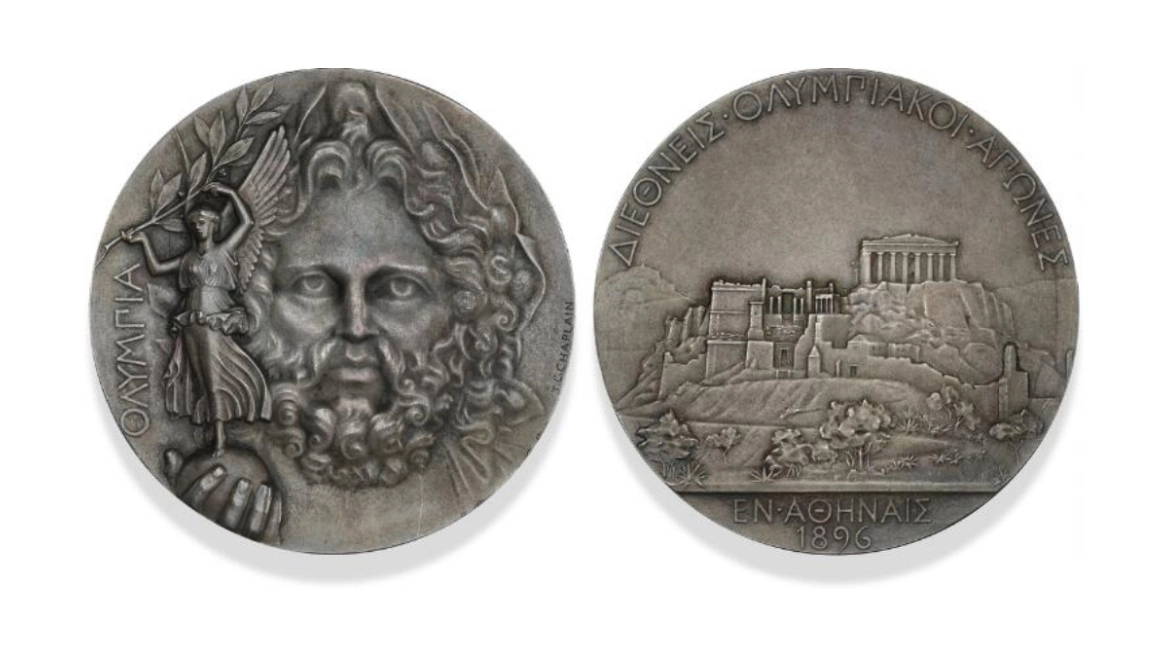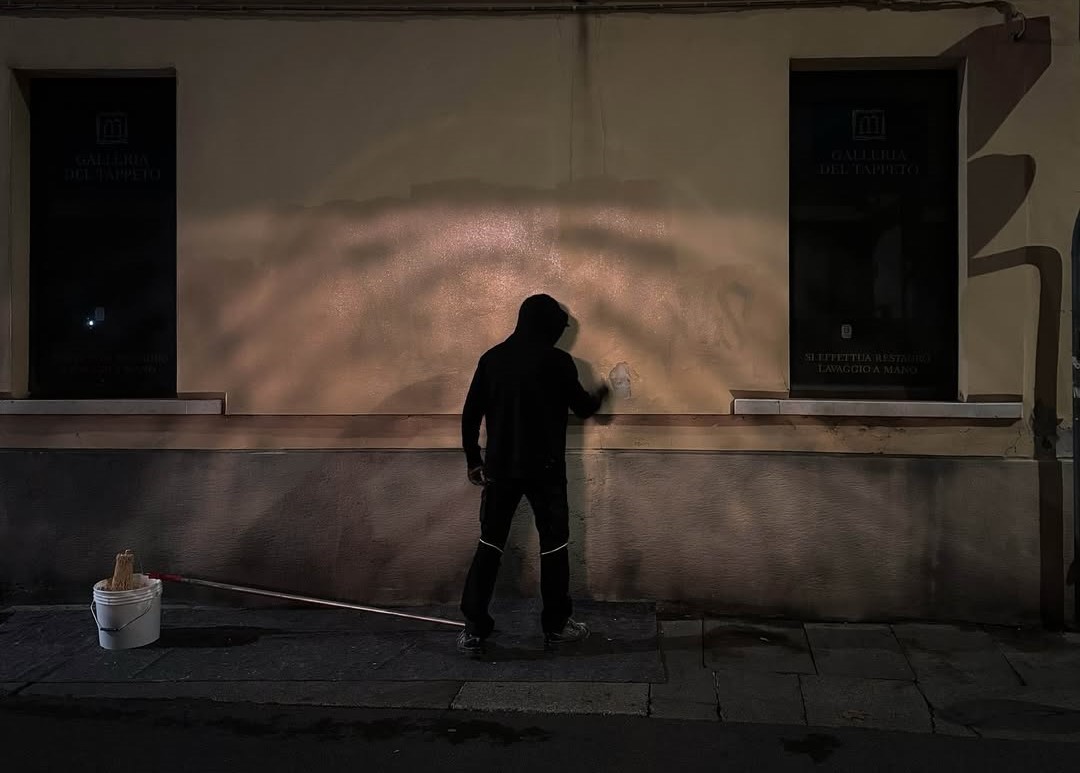The Association of Greek Tourism Enterprises (SETE) released its April data bulletin, according to which there was a divergence of tourism arrivals and revenues. The data, recorded by SETE Intelligence, revealed that the average daily spending by foreign tourists in Greece in 2016 stood at 67 euros, a drop in comparison to the 70-75 euros visitors had been steadily spending the previous years. This figure, in conjunction with a continuing decline in the average stay period, adversely affected the per capita expenditure.
Although the bulletin points out that the inverse relationship between a rise in arrivals and a drop in revenue is not unprecedented (occurred in 2007, 2010 and 2012), it notes that 2016 marked the first time a divergence between stays and expenditure had been observed. This can be explained by a combination of factors, including a shift in inbound tourism with a decrease in travel from high-spending countries like France and the USA for fear of terrorism, to a rise in visitors from low-spending countries to Greece like Romania and Albania who showed relative economic growth.
Furthermore, a drop in average per capita expenditure, as well as the daily average spending from traditional markets like Germany and the UK contributed to the overall decline in revenues.
In more detail, the largest decrease in revenues came from France, other countries (outside EU), the US, Germany and Italy which accounts for over 1 billion euros. SETE officials attribute the shift to a number of reasons including:
-Terrorist attacks in France in 2016
-US travellers limited their trips to Europe due to the terrorist attacks in France, Belgium and Germany.
-Due to the uncontrolled flow of refugees and migrants into Europe and the subsequent shutting down of routes within the EU.
-Due to the political turmoil and uncertainty caused in Turkey during and after the failed coup attempt in July 2016.
In contrast, arrivals from Britain and Germany there was a rise in stays with a drop on spending mainly due to last minute offers. A positive sign is the increase in arrivals from Romania, as well as third-non EU countries, as well as Cyprus, Spain and Albania. Despite the encouraging signs of a rise in inbound flight bookings to Greece for the summer season, as well as a boost in consumer confidence index in all facets of Greek tourism, the inbound tourism data for the first quarter of 2017 are not as optimistic. According to administrative figures from the whole of Greece’s major airports, there was only a 1.7% increase in international arrivals.
Stefania Souki
Ask me anything
Explore related questions







